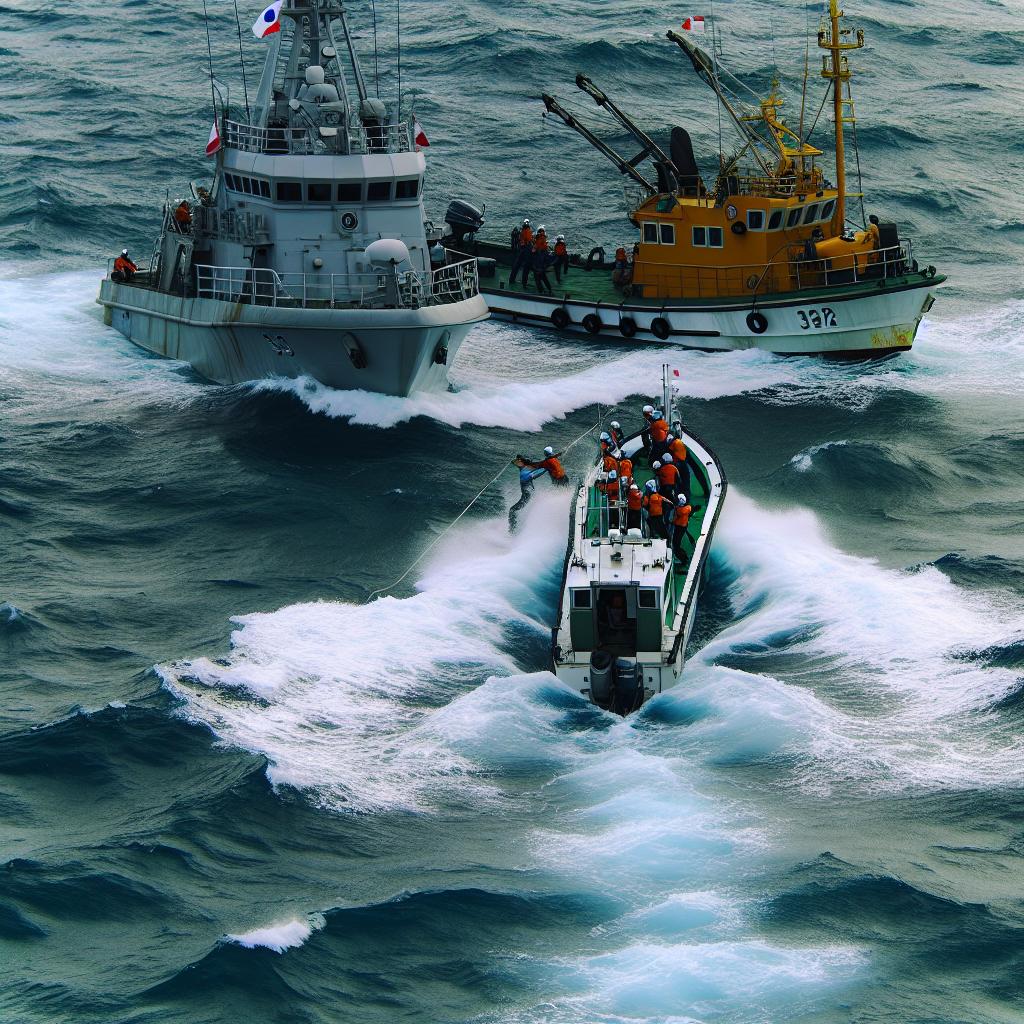In recent events, China's Coast Guard has displayed aggression in the South China Sea, notably forcing a Filipino fishing crew away from Scarborough Shoal, a territory recognized as belonging to the Philippines by the UN Tribunal.Despite international condemnation and calls for action, China continues to employ forceful tactics, viewing them as extensions of its national power. This behavior, violating international law, persists unchecked, necessitating a response from Indo-Pacific stakeholders to impose consequences.
In contrast, the United States' commitment to a free and open Indo-Pacific faces challenges, with Chinese pressure evident in various spheres, including the Belt and Road Initiative. U.S. influence in the region has diminished, exemplified by diplomatic shifts favoring China over U.S.-friendly Taiwan. However, recent agreements with Palau and the Federated States of Micronesia offer opportunities for the U.S. Coast Guard to enforce maritime law in the region independently, signaling potential for coordinated international efforts.
Proposals for a Combined Maritime Forces structure in the Indo-Pacific aim to address critical issues systematically. While similar initiatives exist in other regions, such as the Middle East, the Indo-Pacific lacks a unified framework. Establishing such a force, focused on maritime law enforcement rather than military competition, presents a non-escalatory approach. Targeting challenges like illegal fishing, the initiative aligns with broader goals of sustainability and maritime security.
A Combined Maritime Forces organization offers a platform for enhanced cooperation, resource allocation, and response to regional challenges. Beyond law enforcement, it could facilitate responses to environmental disasters and humanitarian crises. By embracing this approach, the United States can reaffirm its commitment to the Indo-Pacific, counter Chinese influence, and promote a rules-based order conducive to regional stability and prosperity.

Source: War on the Rocks





